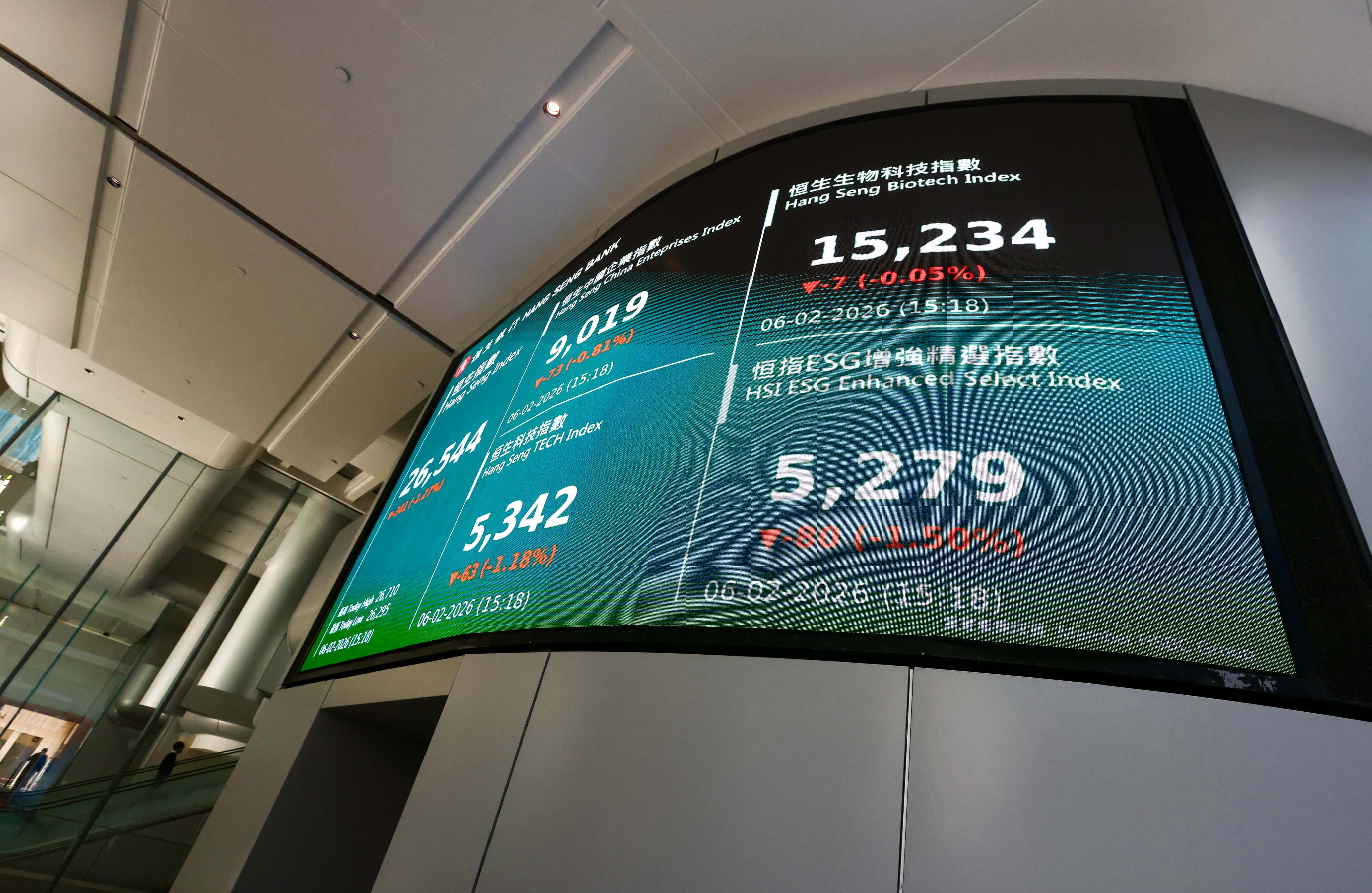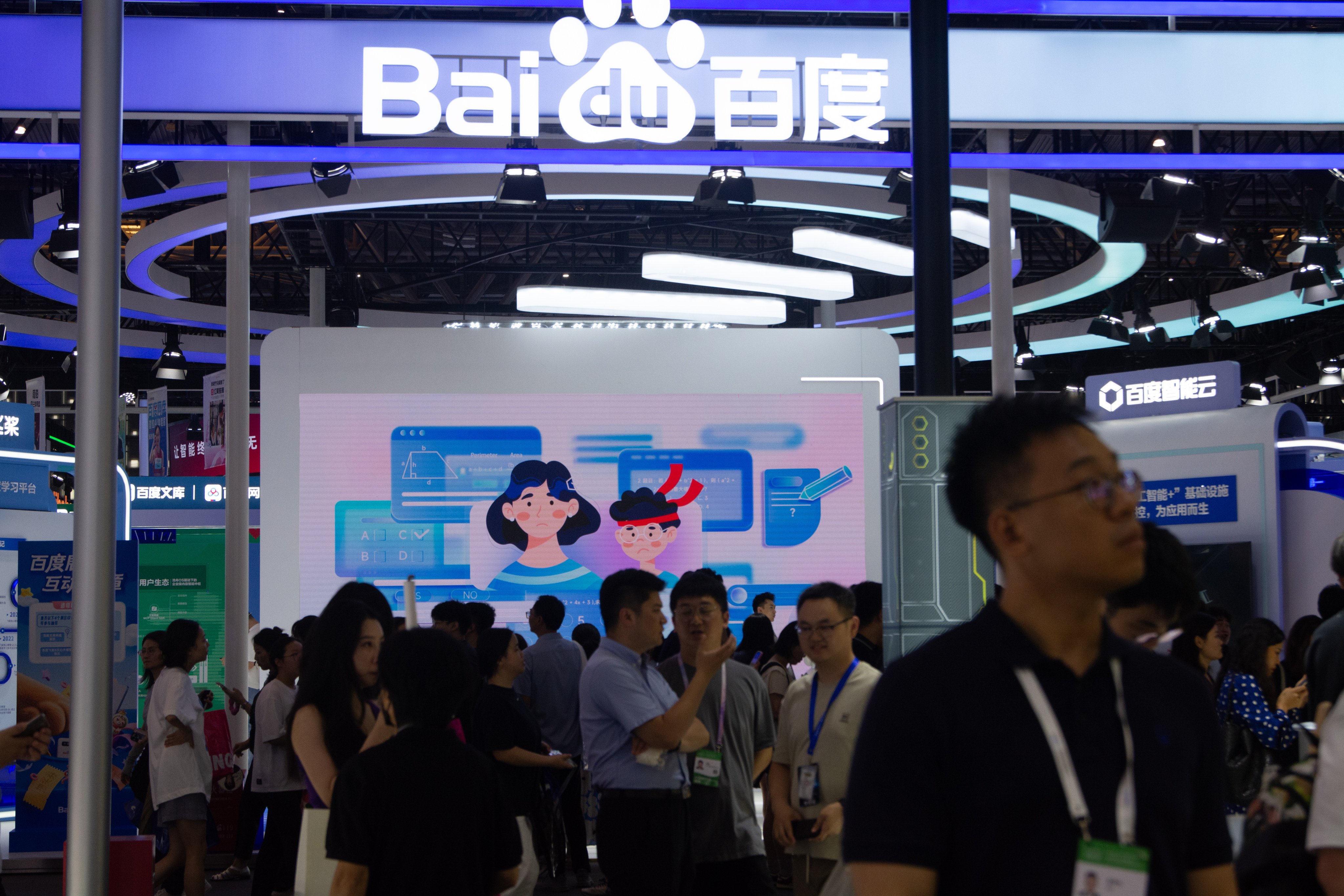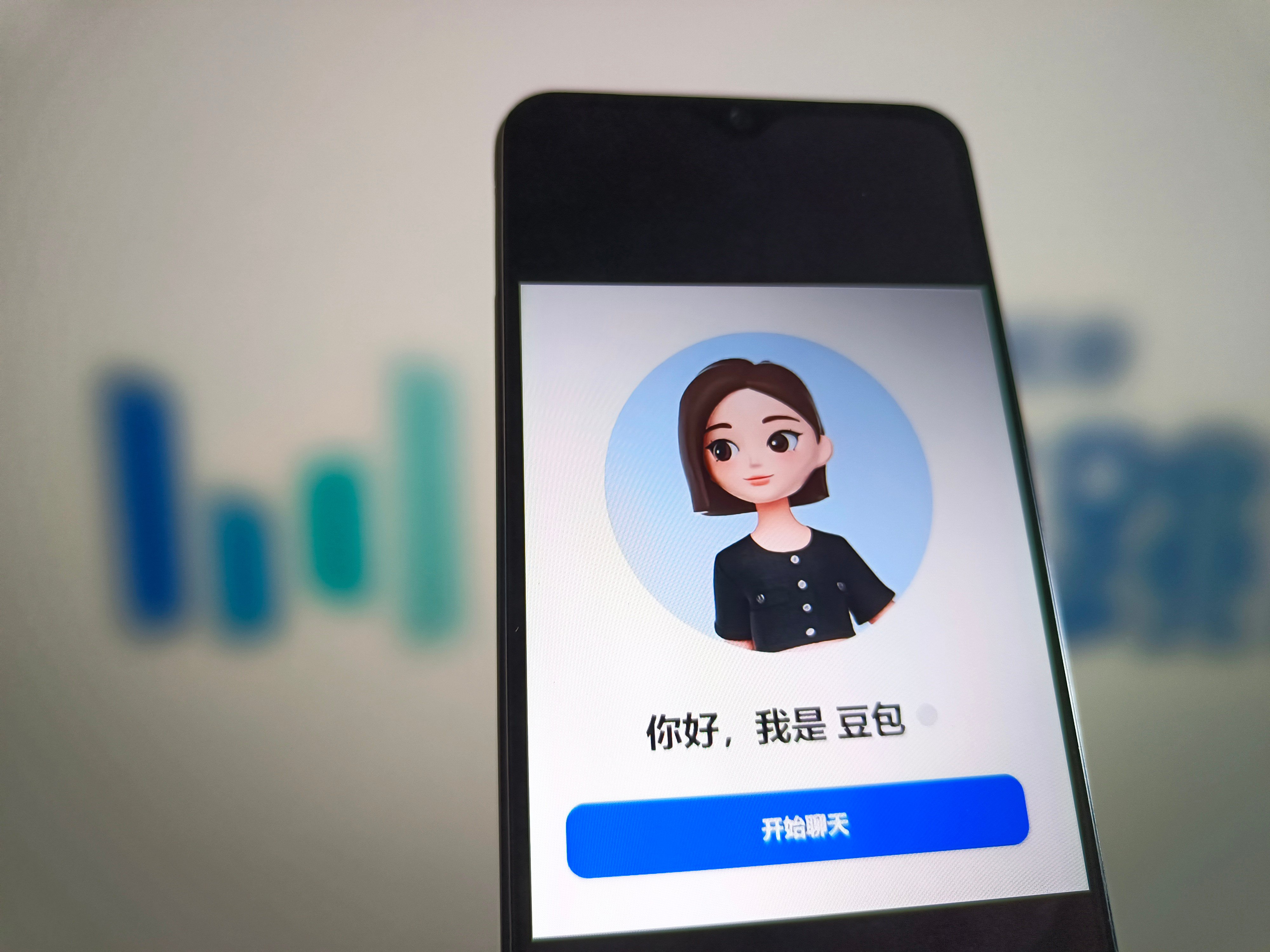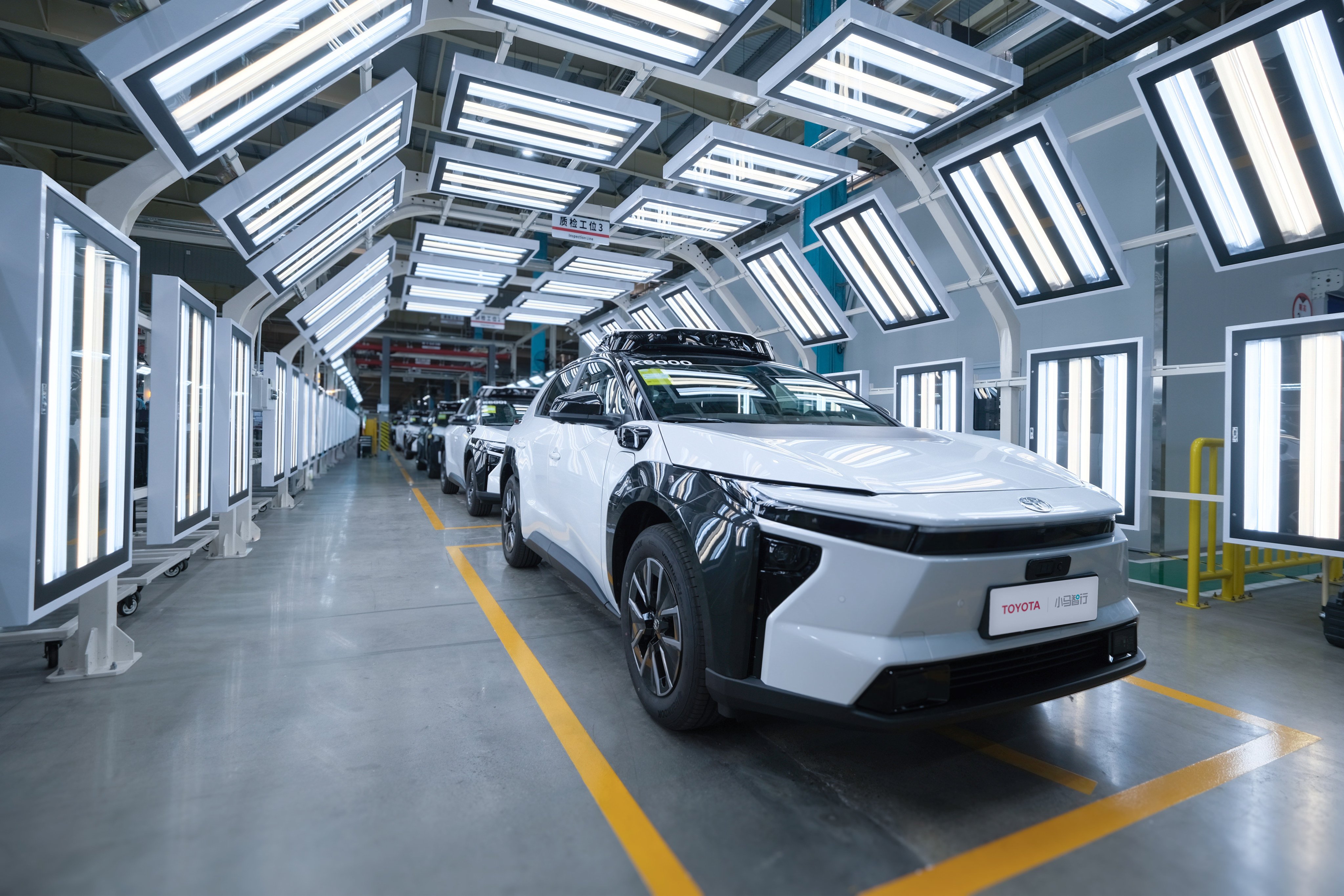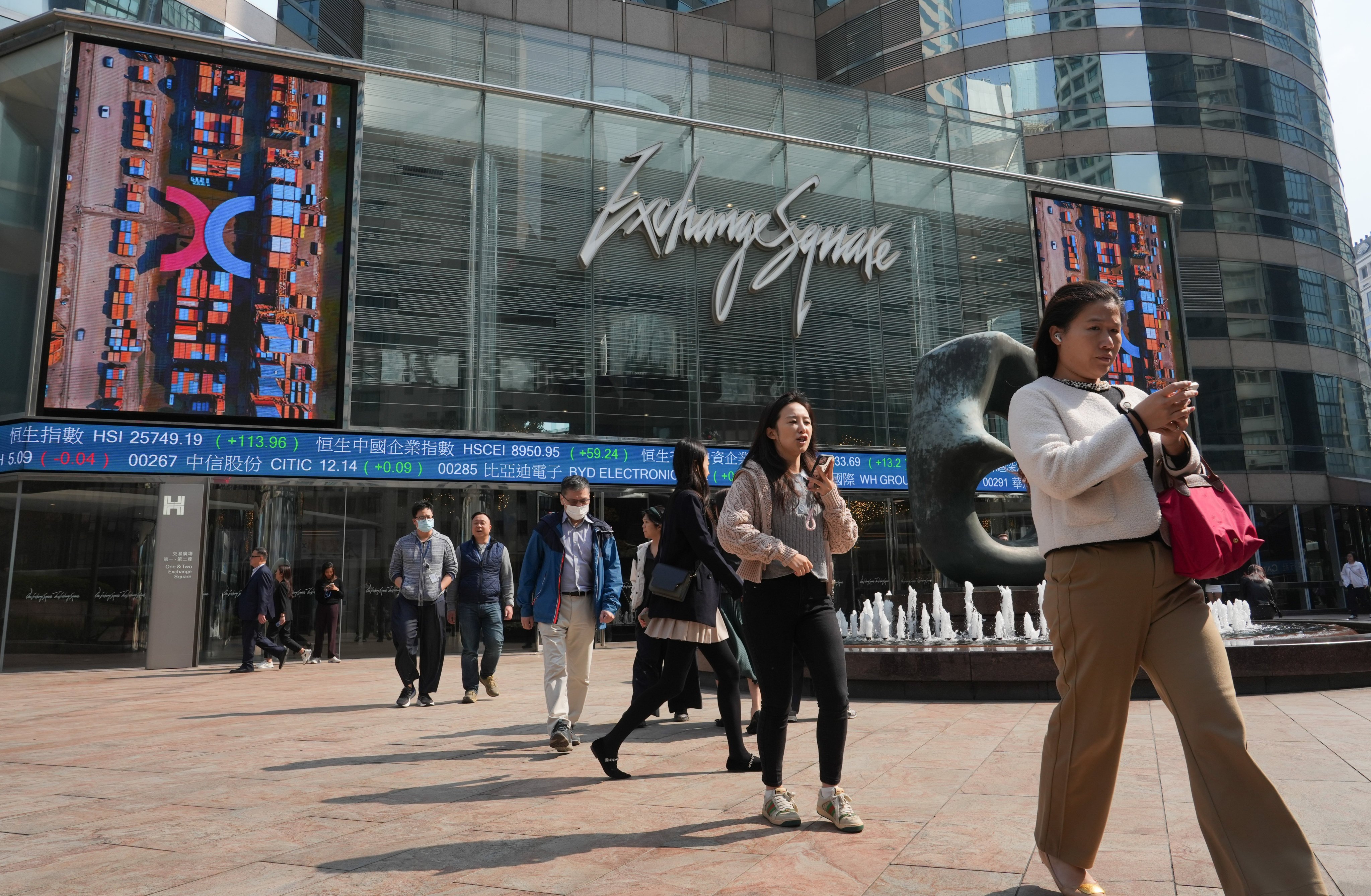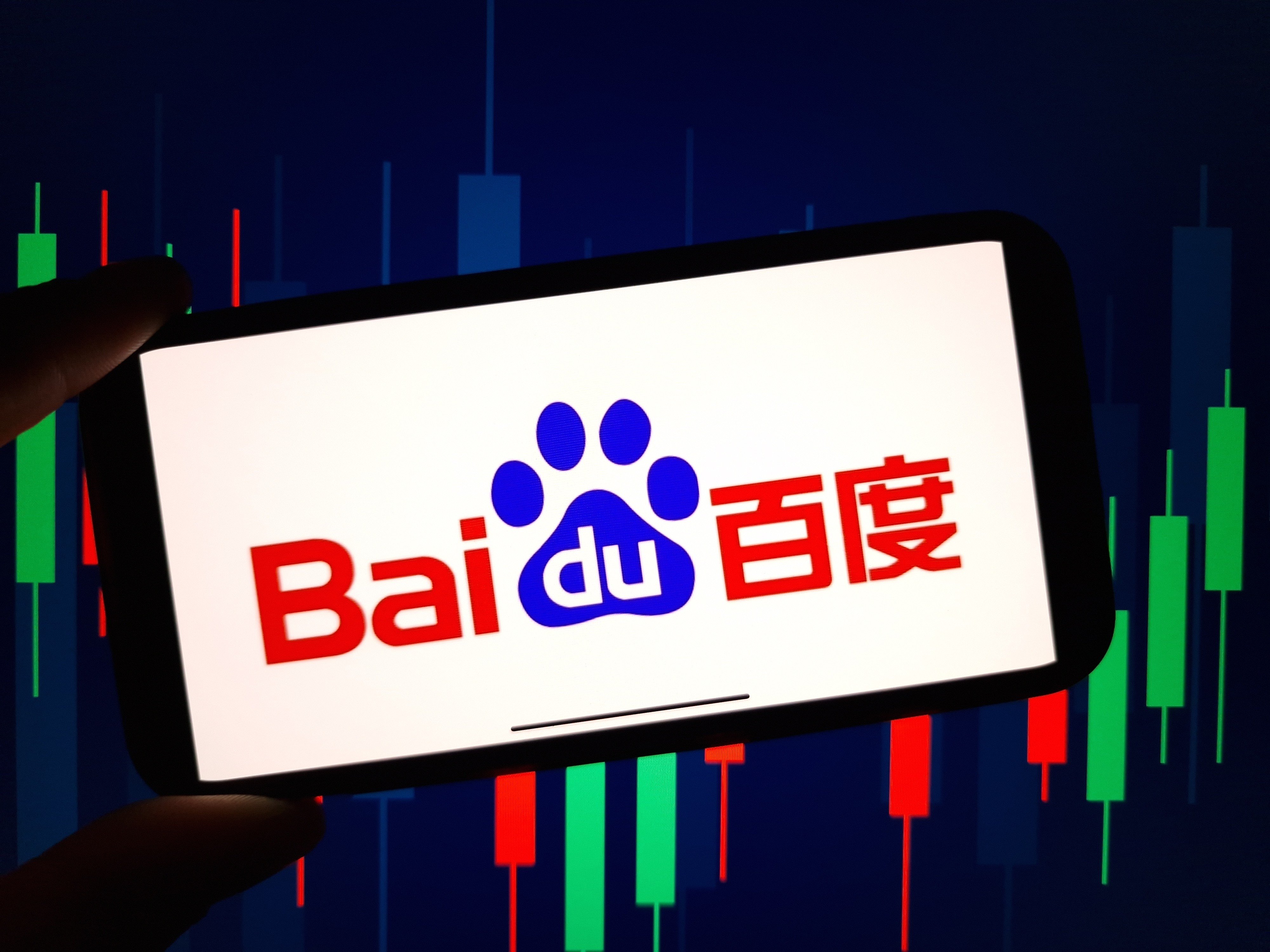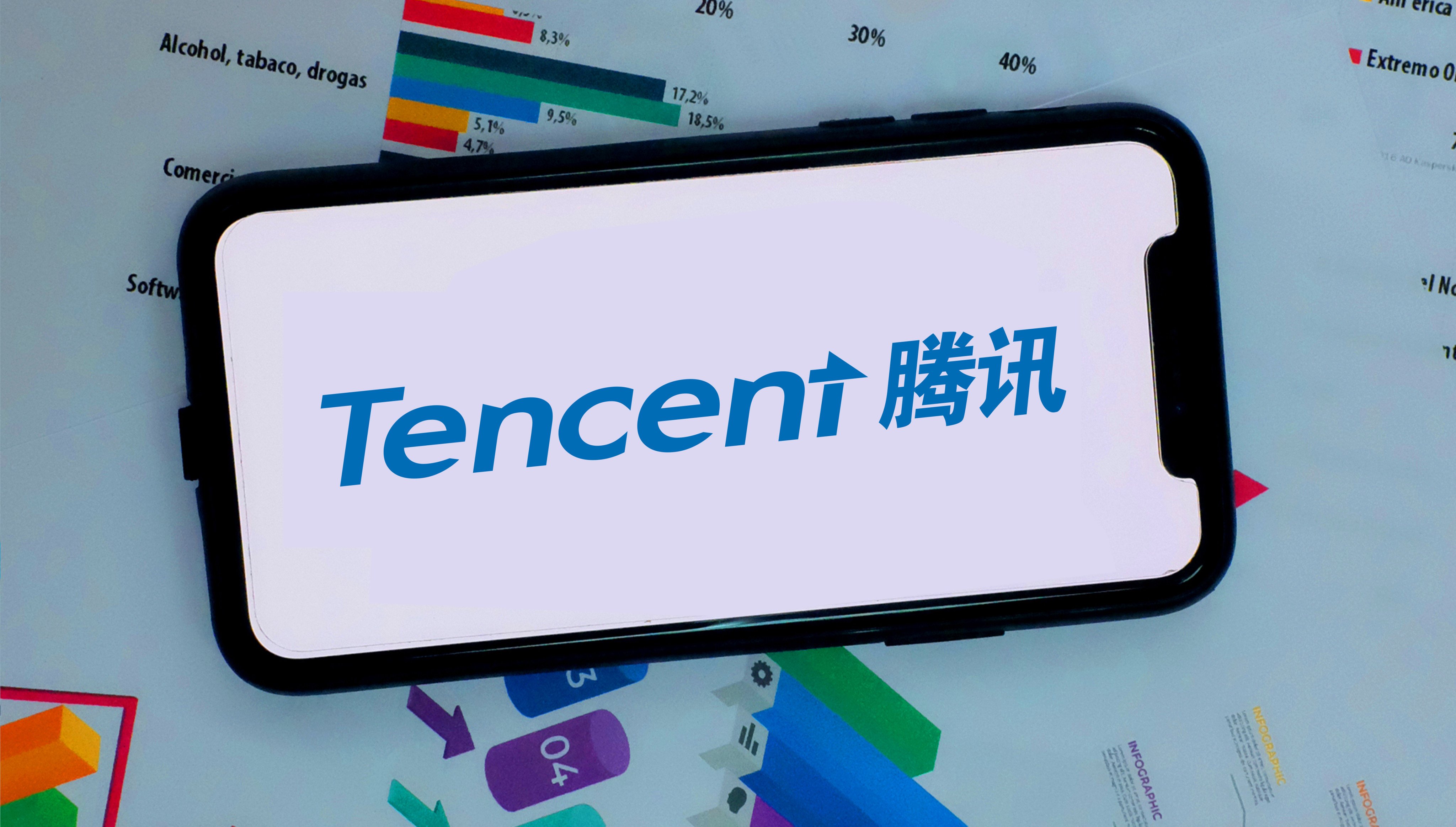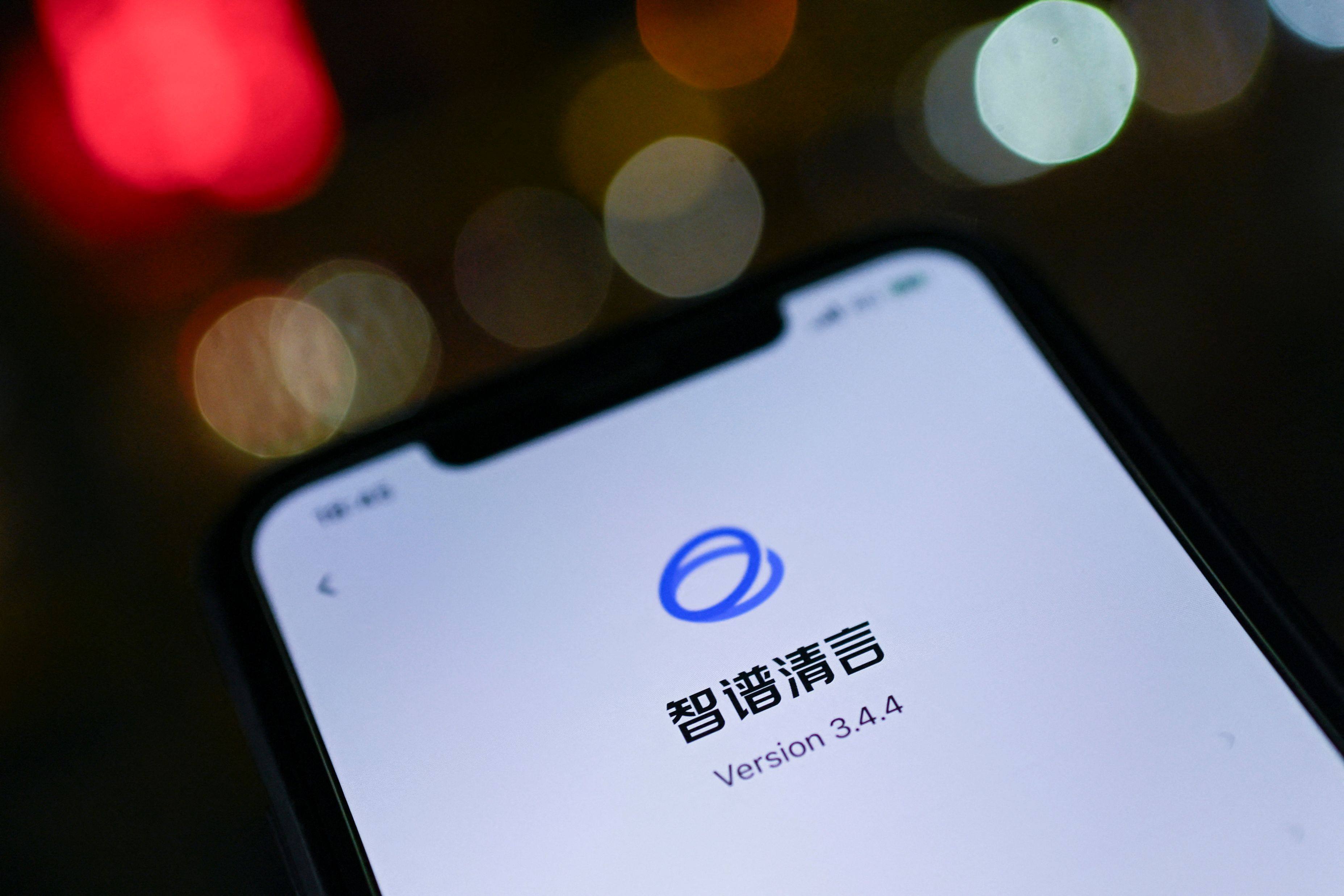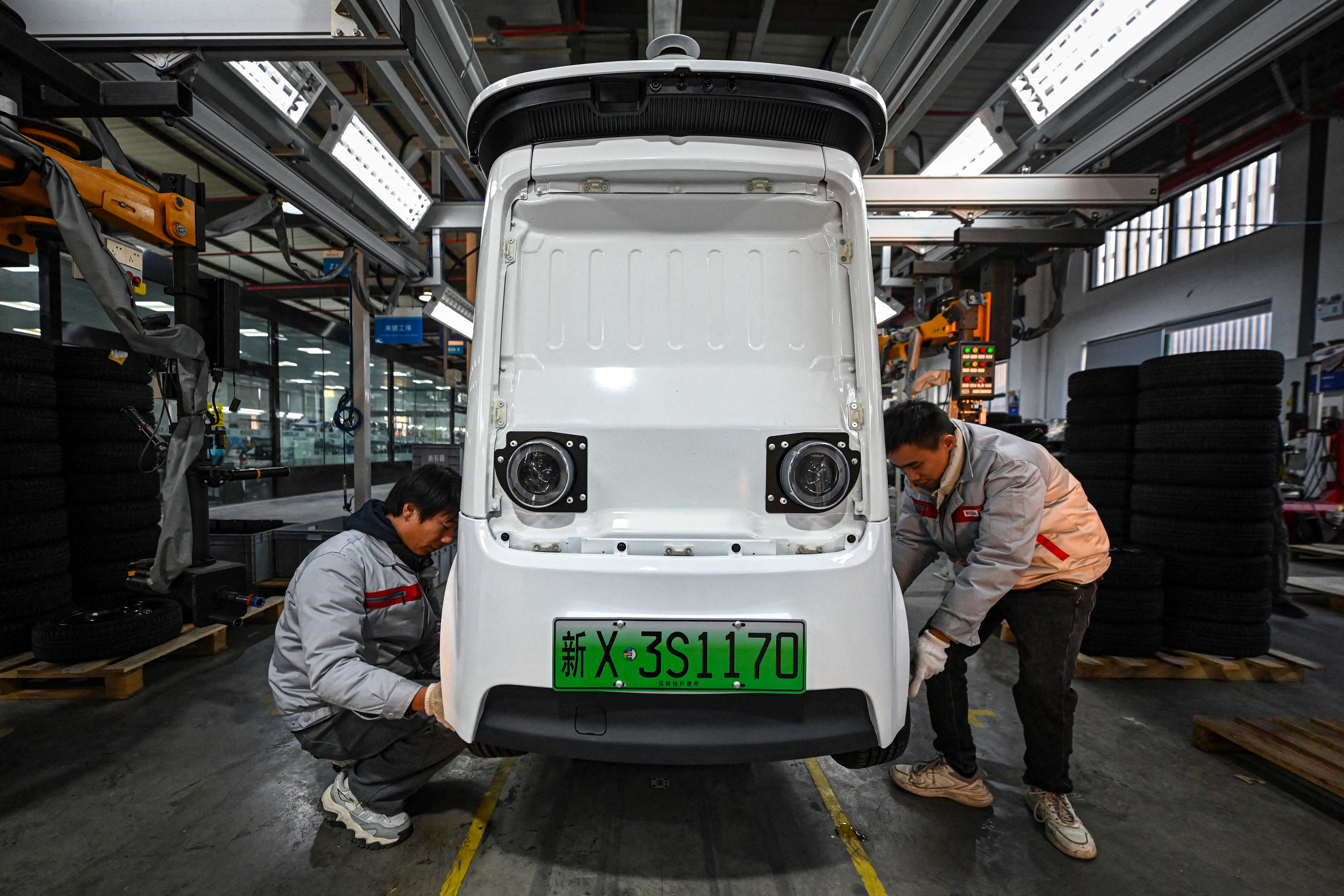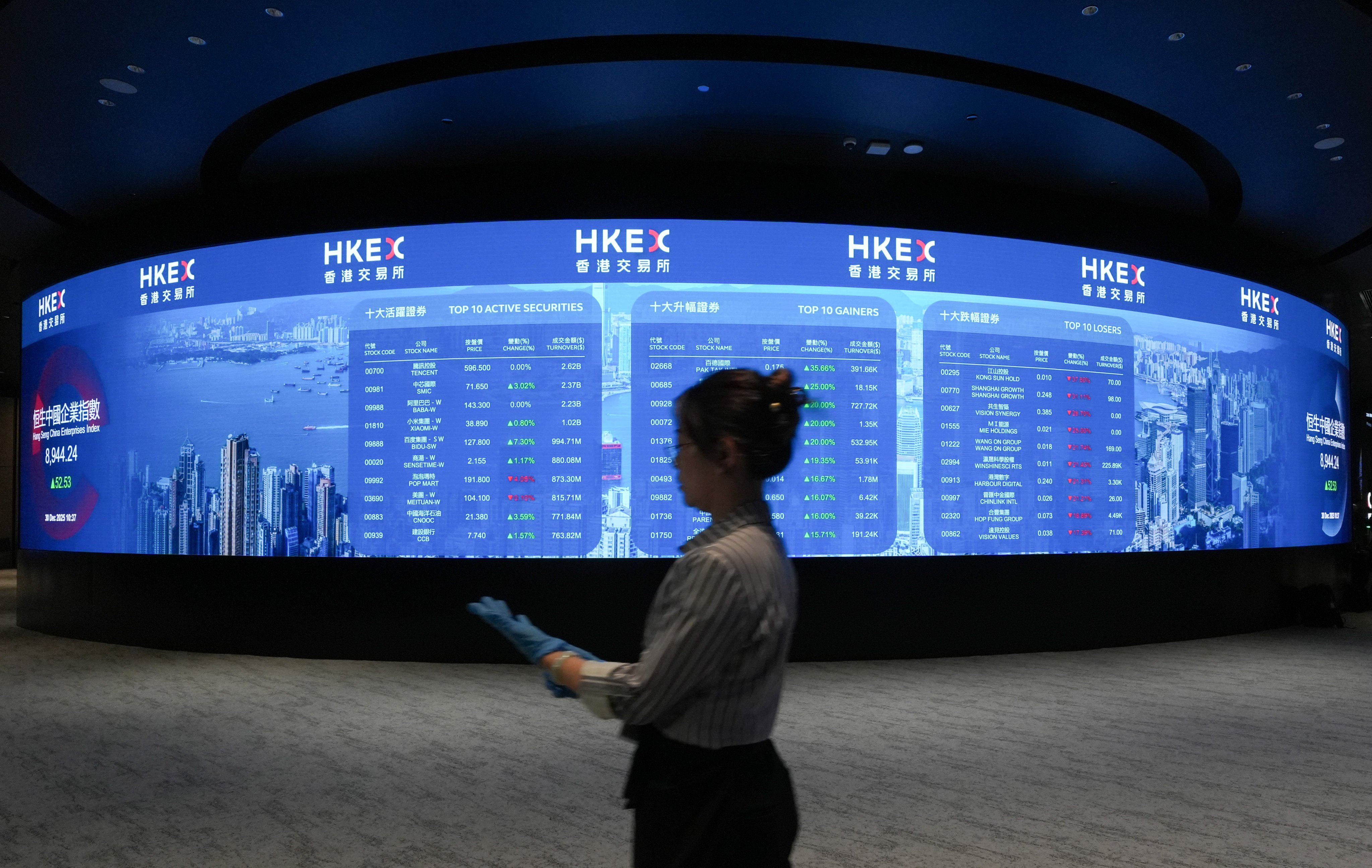Advertisement
Advertisement
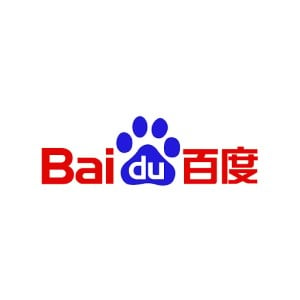
TOPIC
/ company
Baidu
(百度)

Baidu
百度
Baidu operates the largest and most widely used search engine in China. It also offers maps, translation and e-commerce and operates a music-streaming service and a mobile app market. Baidu owns a majority stake in iQIYI, dubbed China’s answer to Netflix. The company also invests heavily in autonomous driving and artificial intelligence.
Chairman / President
Robin Li
CFO / Finance Director
Rong Luo
Industry
Internet
Website
baidu.com
Headquarters address
Stock Code
NASDAQ: BIDU
SEHK:9988
SEHK:9988
Year founded
2000
Help preserve 120 years of quality journalism.
SUPPORT NOWAdvertisement
Advertisement
Advertisement
Advertisement
Advertisement
Advertisement
Advertisement
Advertisement
Advertisement
Advertisement
Advertisement
Advertisement
